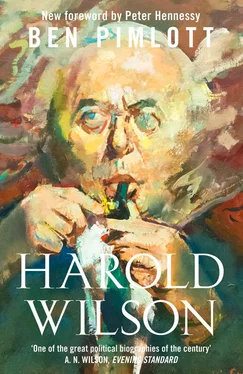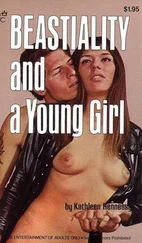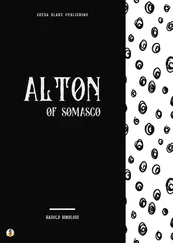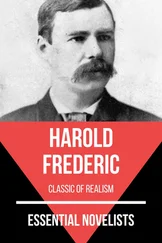The unpretentiousness of Jesus made it relatively easy for the product of a provincial grammar school, and a relatively humble home, to adjust to the life of a tradition-bound university. It also meant that Wilson did not automatically rub shoulders with Oxford’s undergraduate élite. In this respect, his experience was different from that of some others who became Labour politicians after the Second World War, for whom Oxford was an entry-ticket to the governing class, if they were not members of it already. Hugh Gaitskell, Douglas Jay, Richard Crossman (all at New College), Frank Pakenham, Patrick Gordon Walker, Christopher Mayhew (at Christ Church), Denis Healey and Roy Jenkins (at Balliol) shared staircases and ate dinners from their very first term with well-connected, well-off young men who already had a confident view of their own place in the world. Harold did not find himself in such society and did not seek it. Throughout his days as an undergraduate, he was singularly indifferent to its activities.
Instead, he remained contentedly part of the other Oxford: the Oxford treated contemptuously by Evelyn Waugh in Decline and Fall and ignored completely in Brideshead Revisited. There are very few novels about Harold’s Oxford. Perhaps there should be more. Harold’s friends, however, did not end up writing novels. The other Oxford was dedicated to essays, marks, exams, chapel-going, sport and college societies at which learned papers were read and discussed. It was the Oxford of the overwhelming majority of undergraduates, not just at Jesus but in most other colleges as well. Harold differed from fellow members of this Oxford only in the ferocity of his determination to do well academically, and the remarkable extent of his success.
Harold’s letters home to his family, of which many survive from his first two years, provide a fascinating glimpse of the preoccupations of his early manhood years. They are not dramatic: what is noteworthy about them is how little they contain that is unusual, or might not have been written by hundreds of contemporaries who disappeared, after graduation, into anonymous staff rooms and parsonages. They reveal a highly conventional young man deeply absorbed in the formal experiences of university life. They show him stirred, sometimes movingly, by the intellectual ambitions, and casual presumption, of Oxford, and the opportunities the university provided for him to stretch his own capacities. They do not indicate any need or desire to stray beyond the bounds of officially approved learning.
What is going on in a young man’s head and what he tells his parents need not, of course, be the same thing: but there is no guile in his writing, much of which has a child-like quality. The letters deal mainly with wants, and how he is coping. They are about money – how much he has, how much he needs, how much things cost, and how he is making ends meet, often down to the last penny. They are about food and other provisions, to be purchased at Wirral rather than Oxford prices, to supplement meagre college rations; about tutors, lectures, societies, sport, his own unquenchable thirst for parental letters; and they are about Gladys. They are, by turns, warm, generous, demanding, winsome, boastful, witty, self-possessed. Though they are sometimes lonely, they are never anxious. They are forever looking ahead, planning moves in Harold’s own life, and organizing his parents to do things on his behalf, in the confident knowledge that they will comply. They are uncomplicated and loving. They present Harold as, already, a man content with who he is, where he comes from, and the upward direction in which he is heading, fighting battles on his own, with no need for backing other than the support he takes for granted from his family.
At first he was homesick. Unlike Gladys, with her experience of boarding-school, Harold had never lived away from his parents, except during his illnesses and at Scout camp. His early letters – lengthy and poignant, stressing the lack of home comforts – are full of characteristic symptoms. The contents of Harold’s laundry feature prominently: it had been agreed that he would send this back to Bromborough to save money. ‘I think that for the first fortnight’, he wrote on arrival, ‘I’ll just send my collars, hankies, vests, pants and socks.’ 4He explained: ‘The reason there are so many hankies is that I have a bad cold.’ 5Another letter suggested: ‘It might pay to send butter (it is very dear here) next week with washing, also two oranges.’ 6To Marjorie he wrote: ‘Will you please send me a 6d. meat pie? I’ll send you the cash in my next letter.’ Was he all right, were the other chaps OK? asked his sister. He was happy, he replied. ‘That’s the answer to I of your questions,’ and to the other, ‘Yes, very decent set. No snobbery.’ 7He had been placed in a first-floor room with a young Welsh Foundation Scholar, A. H. J. Thomas of Tenby. ‘He’s an exceptionally nice fellow & we seem to have similar tastes’, wrote Harold, ‘– both keen on running, neither on smoking or drinking, and have similar views on food, etc.’ 8To illustrate the satisfactoriness of the Wilson–Thomas set-up, Harold drew a careful sketch-map of their joint room, showing its furnishings, and with a numbered key.
In search of company and familiar surroundings, Harold responded to an invitation to join the University Congregational Society, and got to know Dr Nathaniel Micklem, Principal of Mansfield, the Congregationalist Theological College. He also took an interest in the evangelical Oxford Group, which had many Nonconformist members. ‘Am enjoying the Group, it’s the only thing I’ve seen more than skin-deep,’ he wrote at the end of October, having had little luck with the political clubs. 9Both the Group, which offered secular as well as religious discussions, and Mansfield, became focal points. He often attended Sunday morning services in Mansfield Chapel, as well as evensong at Jesus. Later on, he sometimes accompanied a friend to Sunday evening concerts in Balliol chapel to hear the undergraduate Edward Heath (whom he did not yet meet) play the organ. 10
Voluntary chapel-going, beyond what his own college required, became a reassuring part of his weekly routine. ‘There was a deeply religious element in his make-up which influenced much of his political thinking in later years,’ considers Eric Sharpe, a friend and contemporary at Jesus who attended services with him and later became a Baptist minister. 11Harold made much the same claim. ‘I have religious beliefs, yes’, he told an interviewer in 1963, ‘and they have very much affected my political views.’ 12Mary does not quite agree. ‘Religion was part of his tradition,’ she says. ‘He never questioned it, but he did not think much about wider religious questions. When he did, he believed that people should translate Christianity into good works.’ 13Labour colleagues, mainly atheist or agnostic, viewed Harold’s piety with cynicism. Set against his cat-like manoeuvrings at Westminster, it looked like humbug. Nevertheless, religious worship was part of the mould which formed him, his political outlook, and his idiom.
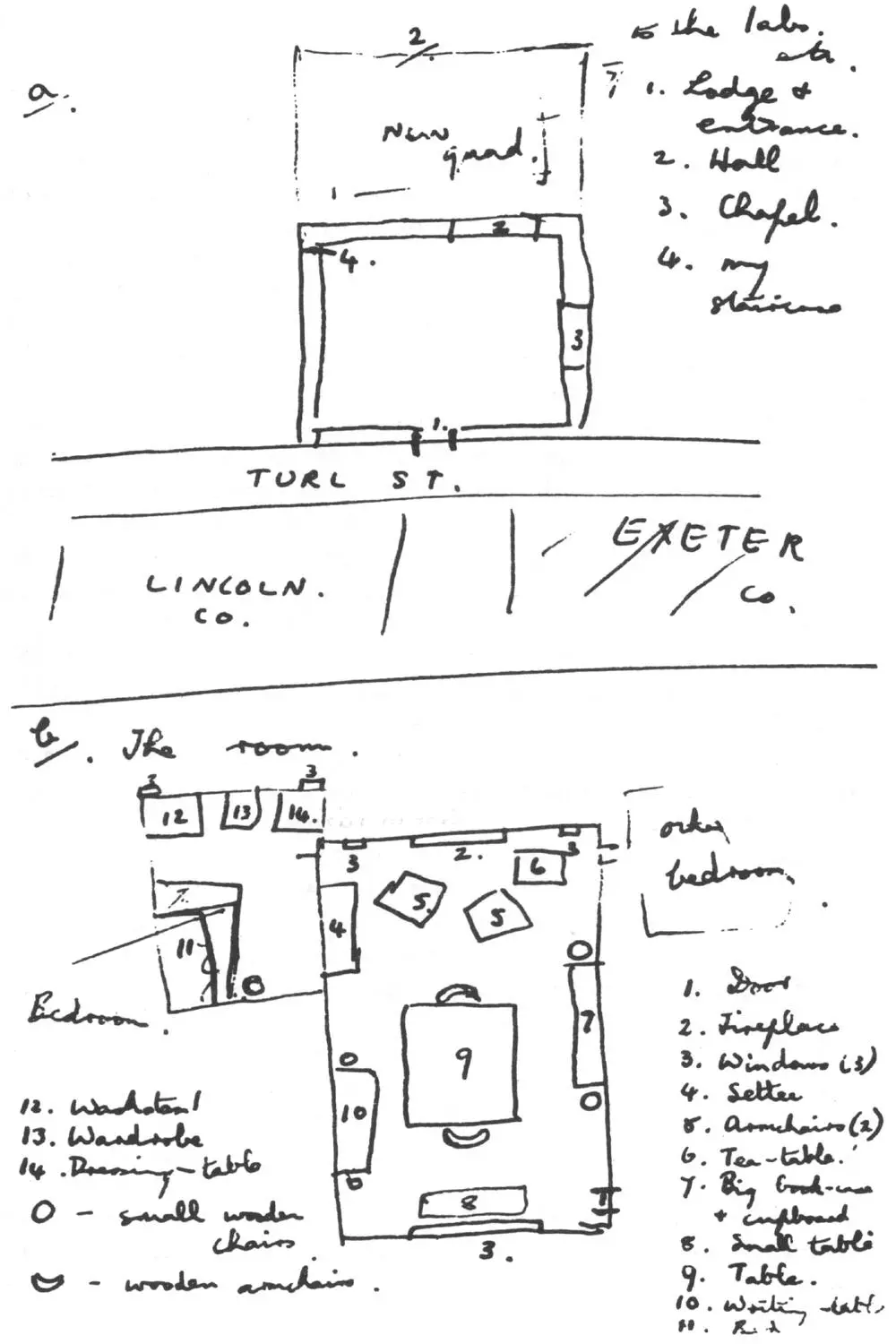
Harold’s sketch-map of his room at Jesus College, and its location.
At Oxford, religion and politics were often mixed. He used to go to a Congregationalist discussion group called the Dale Society on Sunday afternoons, to hear speakers who examined the link between faith and action. He frequently intervened. ‘He spoke with clarity and force,’ recalls another Jesus contemporary, Professor Robert Steel, who matriculated also as an exhibitioner in the same year. ‘He could put a case in a very persuasive manner, and unless you felt strongly you accepted what he said.’ One popular topic at the Dale Society was the colonies – in modern terms the Third World, a topic in which Harold took a special interest. ‘If someone gave a talk on the race problem, the chances were he would go to it,’ says Steel. 14He took an active interest in college discussion societies, becoming president of a couple of them. The college magazine records that in 1936 he addressed the Henry Vaughan Society in Jesus on ‘The Last Depression and the Next’ and caused offence to a former president of the society by referring to ‘“mugs” on the Stock Exchange’. 15
Читать дальше
